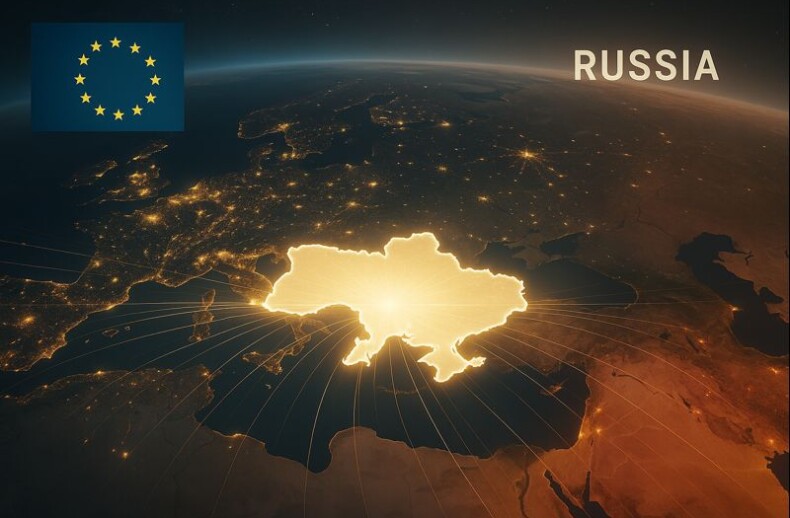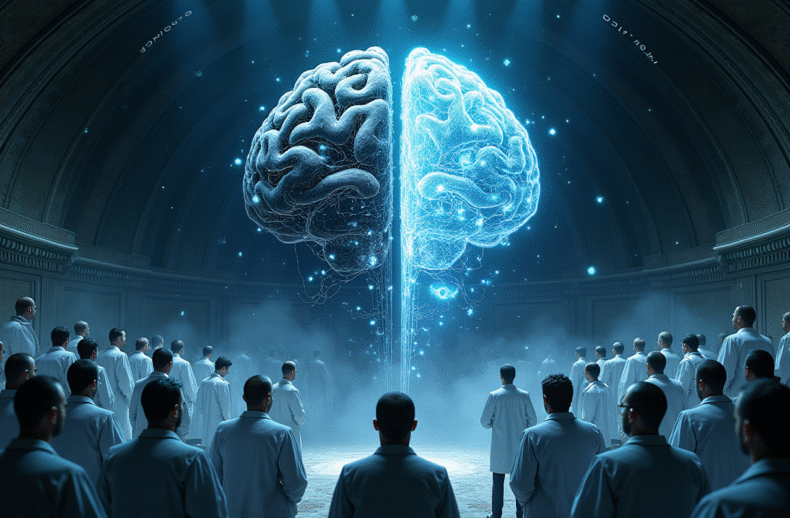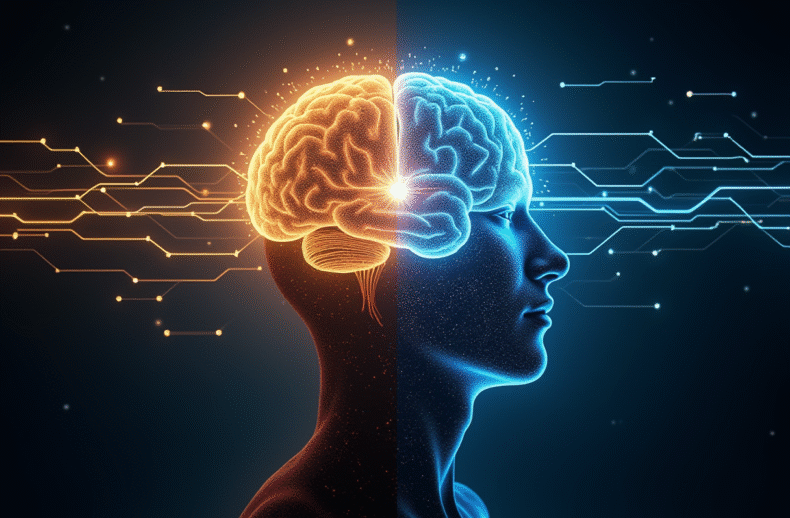Love is not an emotion in the classical or neuroscientific sense, nor is it a hormone-driven state or a learned social script. Within a Predictive Feedback (PF)–based model of cognition, love emerges as a resonance phenomenon: a self-stabilizing loop between sustained positive PF and its rendering in perceptual awareness. Emotions, in this framework, are blind, non-directed broadcasts of the organism’s current mental state, implemented through inherited physiological patterns and recognized by equally inherited perceptual comparators. Feelings arise only when awareness interprets these broadcasts using learned entities and contextual associations. Love, therefore, is neither broadcast nor comparator output, but a persistent PF-positive resonance that awareness repeatedly reifies as a coherent feeling. When prediction confirmation collapses, love dissolves—not because an emotion has ended, but because the PF resonance that sustained the feeling has broken.












